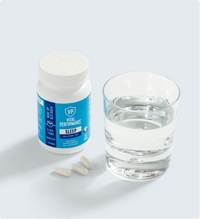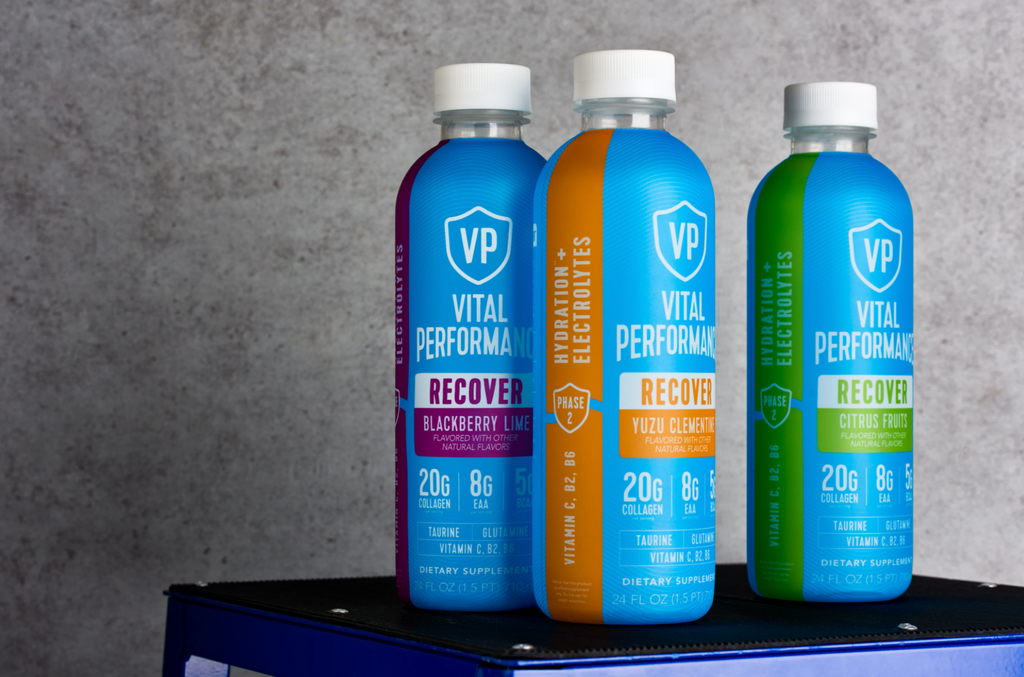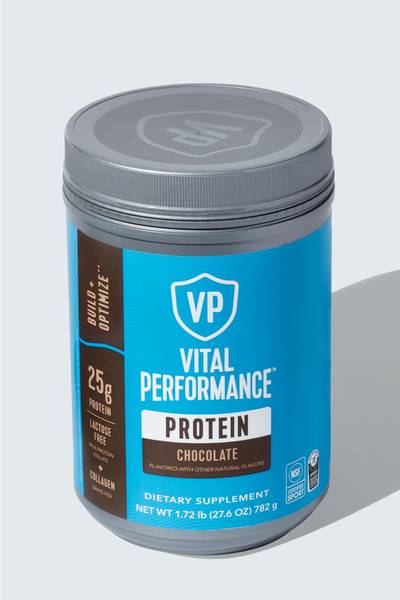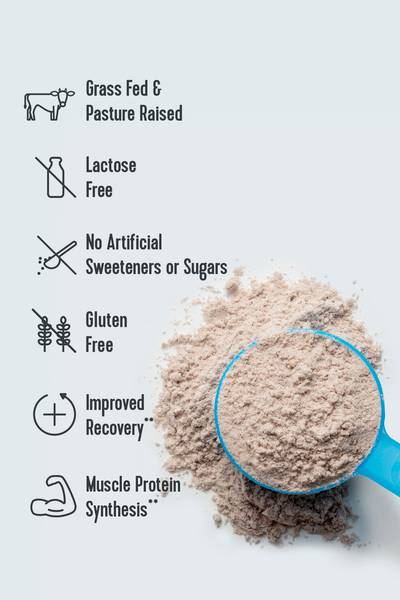When it comes to recovery, your post-workout routine is key. From properly warming down and stretching to replenishing, refueling, and rehydrating, what you do after your workout is crucial to crushing your athletic goals.
Here’s what health and wellness coach Stefania Coxon, NBC-HWC, Starla Garcia, M. Ed., RDN and Founder of The Healthy Shine, and Jake Harcoff, CSCS, ISSN Certified Sports Nutritionist and Owner of AIM Athletic have to say about locking down your post-workout routine to have you well on your way to recovery.
Vital Note: This article has been made available for informational and educational purposes only. It is not intended to be a substitute for professional medical advice, diagnosis, or treatment. Always seek the advice of your physician or another qualified health provider with any questions you may have regarding a medical condition. Your licensed healthcare professional can best provide you with the diagnosis and treatment of any medical condition and assist you as well in deciding whether a dietary supplement will be a helpful addition to your regimen.

What should I do pre-workout?
Recovery (and a solid workout) begins before you start sweating. Fueling before a workout depends on the intensity of the workout and your personal needs. "Eating a large meal directly before any kind of exercise usually does not sit well with most people," Coxon tells Lively.
Yourpre-workout is a snack or meal depending on hunger, how close to the workout you are eating, intensity, and duration of exercise, Coxon explains. For example,the closer in time it is to the exercise the smaller or more easily digestible the fuel should be; i.e., 2 to 3 hours before, a larger meal is ideal, in the 15-30 minute mark, reach for a smaller snack such as a fruit juice, a granola bar, or a banana.
"Typically a meal or snack should be low in fiber and fat, and have mostly carbohydrates to make sure their muscles are able to use carbohydrates quickly during exercise. Our bodies' primary source of fuel is carbohydrates," Garcia tells Lively.
And, hydration is also important in pre-workout fueling.
What should I do post-workout?
Properly stretching and cooling down are important, but we'll get to that in a minute. You also make a post-workout refueling plan, which can be tricky if you're working out midday or not headed home right after the gym.
"Post-workout fuel is used to replenish what has been lost as well as help in [faster] recovery. Fluids, glycogen, electrolytes, protein — all of these are important, not just protein," Coxon says.
While there is no exact rule of thumb, it's recommended that you refuel within the hour of completing exercise. Doing so can help manage hunger through the day, says Garcia, adding that "waiting too long to eat after exercise can not only affect recovery time, but also cause cravings, overeating and meals that may not align with someone's performance goals."
You've probably heard you should eat soon after a workout, known as the "anabolic window." This short period of time after a training session is when muscle tissue becomes more sensitive to receiving external nutrients.
"Recent research hasn't necessarily debunked the idea of an anabolic window, but actually found that this period of time extends past the previous 30-60 minute time frame," Harcoff says. "With that said, even though consuming a post-workout meal or shake outside of the anabolic window isn't a complete waste, it should also be noted that the longer you wait to eat, also means the less benefit your training session will have on nutrient absorption."
Not usually hungry after working out? Garcia suggests a small snack that is easily digestible, followed by a meal when your appetite returns. This could be combinations such as cottage cheese with fruit, yogurt with granola, a protein bar, a smoothie with protein powder, or toast with nut butter. Other meal ideas include egg and turkey bacon on an English muffin, protein pancakes with yogurt on top, eggs with sweet potato and spinach, breakfast burrito.
And, make sure to hydrate with electrolytes, and consume something with protein and carbohydrate to reap the most benefits of your workout, Garcia says.
What is the best post-workout drink?
Post-workout recovery drinks can be helpful, depending on the activity and the athlete and what has been depleted in their system, Coxon explains. However, post-workout drinks containing sodium are not always necessary if the athlete consumes a proper amount of sodium for their body throughout the day. However, it’s important to replenish electrolytes following intense endurance exercise, Coxon says.
Though this varies based on personal goals and dietary needs, Harcoff suggests looking for something that contains 20-30g of a high-quality protein source like whey protein, and consuming a minimum of 30-60g of carbohydrates.
Post-workout drink options include: a smoothie mixed with collagen or protein, soy milk, chocolate milk, Vital Proteins Collagen Water™, Garcia says.
And post-workout supplements (like Vital Performance™ RECOVER) often include ingredients such as electrolytes, BCAA, vitamins and minerals to helpsupport muscle protein synthesis, combat muscle soreness from exercise and promote muscle recovery.**
What is a good post-workout meal?
"A post-workout meal should be when the athlete can eat. We have to meet our athletes/clients where they are at. The body still uses whatever fuel you give it. This is also why it is important to maintain macronutrients throughout the day, not just solely based on when a workout is. The body is very smart and knows how to use what it has," Coxon says.
What is part of a post-workout routine?
Immediately after a workout, you should cool down — you can walk or lightly jog for a few minutes. Then, you should perform static stretching and it may be beneficial to use a foam roller. You should also be sure to drink adequate amounts of water throughout the day, eventually getting something to eat to begin restoring the body's energies.
"Overall, nutrition is very individualized, since we are all different," Coxon says. "For some athletes who live in a lower socioeconomic status, it's all about teaching them what their body needs and also what they have access to. As health coaches, it's up to us to help guide them through; to show them there are no 'good' or 'bad' foods, just varying nutrition levels."
**These statements have not been evaluated by the Food and Drug Administration. This product is not intended to diagnose, treat, cure, or prevent any disease. Results may vary. Various studies have suggested benefits following daily consumption of collagen for several months. Refer to product labels andvitalproteins.com for recommended serving sizes and for more information. Use in conjunction with a daily exercise program and a balanced diet. Consult your doctor before beginning any exercise.














